21 July 2021
Dr Olivia Burn loves cancer research for the same reason she loves murder mysteries. “I love trying to figure out who did it or who is responsible. You want to know which cells are involved, who is acting suspiciously or abnormal and how do you ‘arrest’ them – stop their activity or turn them onto a better path?

Dr Olivia Burn is a cancer researcher at the Malaghan Institute
“Also, who isn’t doing their job and who could have stopped that from happening? And how do you use these findings to stop it happening again and to make better cancer treatments that prevent cancer progression?”
Olivia sees her job as similar to that of a detective, a detective who is on the hunt for the most insidious, dangerous kind of criminal – cancer. Cancer cells often have the ability to mask themselves as healthy cells to avoid detection by our immune system. By remaining hidden, they can multiply and spread, eventually disrupting the body’s healthy functioning. Olivia is investigating the interactions of the immune system and cancer, a relationship akin to that of a cat and mouse. Passionate about her research and determined to find answers, Olivia attributes her high school years as setting her on the path to face up to such an elusive foe.
Olivia grew up in the Bay of Plenty, attending Aquinas College in Tauranga where she recalls many of her science lessons taking place outside the classroom and being encouraged to apply the information she had learned in class to the real world.
“I had amazing female mentors as science teachers,” she says. “They went out of their way to show us how the basic concepts we were learning are applied in the outside world and how we could turn these skills into exciting careers.”
In her final year, she learned of a type of deadly, hereditary stomach cancer which was disproportionately affecting Māori. People with this specific mutation (in a gene called CDH1) have up to a 70% chance of developing stomach cancer. Therefore, many of those affected, including New Zealand singer Stan Walker,undergo life-altering surgery to remove their stomachs and eliminate that risk. Moved by how such a small alteration in our genes could cause such drastic effects in her local community, Olivia was compelled to study genetics at the University of Otago where she began to delve into the world of cancer biology.
In fact, for her first research project, Olivia joined the lab which investigated the very stomach cancer that she studied in high school. Here, she worked on strategies that could be used to treat this cancer that wouldn’t require patients to resort to such drastic measures as having their stomachs removed. Olivia investigated specific proteins that, if inactivated, would selectively damage cancer cells, paving the way for potential targets for cancer treatment.
Since joining the Cancer Immunotherapy group at the Malaghan Institute in 2015, Olivia has been investigating breast and skin cancers, two of the most common cancers in New Zealand. She says one of the main difficulties in treating cancer is keeping a patient in remission.
“All that is needed is a few remaining cancer cells for the cancer to return.”
Olivia is applying her detective skills to create a cancer vaccine that will equip the body’s own immune cells to identify and destroy those final cancer cells.
“My PhD was focussed on how we can harness the activity of innate-like T-cells to enhance the success of anti-cancer vaccines. These innate-like T-cells are usually early responders during an immune response but their activity can potentially support a long-term anti-cancer immune response. Therefore, I explored different vaccine designs that stimulated these cells and assessed the anti-cancer response in models of breast and skin cancer.”
Having now completed her PhD, Olivia has continued this research to get a more detailed understanding of the mechanisms used by these immune cells.
“I’m investigating in more detail how and why these innate-like T-cells affect long-term immune responses. I am also involved in a project exploring whether we can use these same vaccine designs for infectious diseases.”
Olivia’s research is becoming ever more pertinent in solving the global challenges we’re facing today – research that is helping our bodies arrest its fugitives, be that wayward cancer cells or infectious intruders.
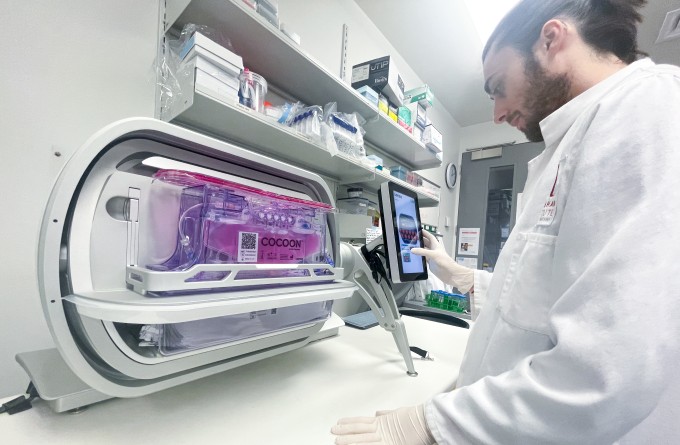
Malaghan CAR T-cell cancer therapy trial expands to Christchurch and Auckland
23 June 2025
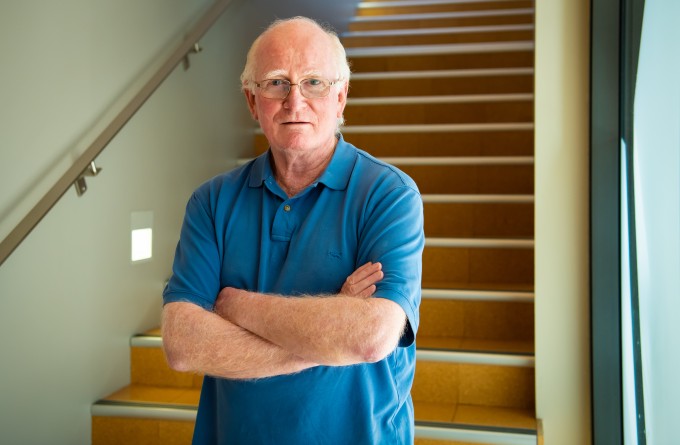
Horizontal mitochondria transfer: 10 years on from a groundbreaking discovery
7 May 2025
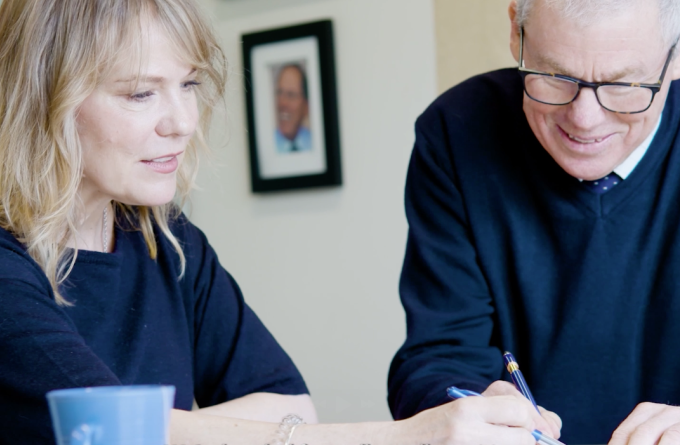
Kjesten Wiig: bringing life-changing treatments to life
27 February 2025
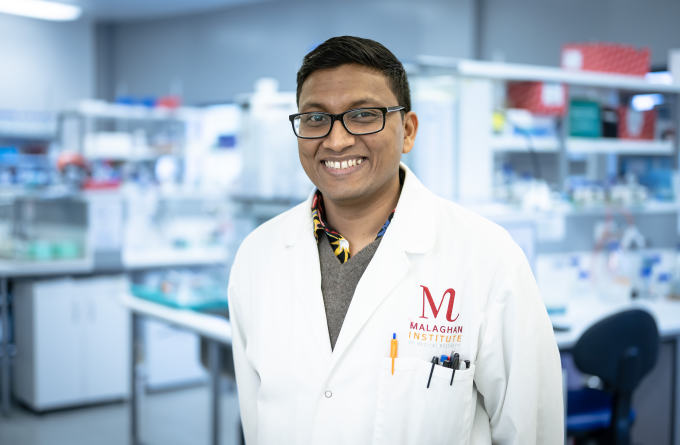
Cancer Research Trust grant to improve CAR T-cell therapy
12 February 2025
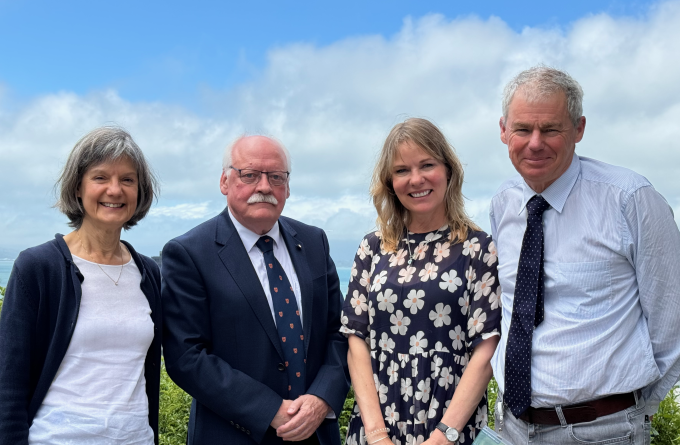
World-renowned cancer pathologist joins the Malaghan Institute as Distinguished Research Fellow
19 December 2024
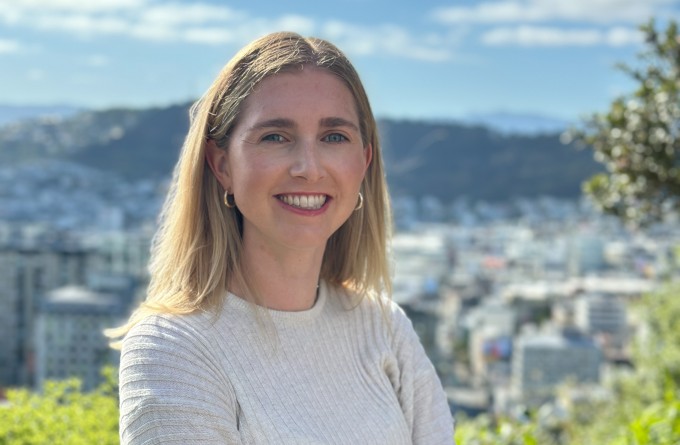
New Zealand to New York and back again: Malaghan researcher tackling liver cancer
18 November 2024
